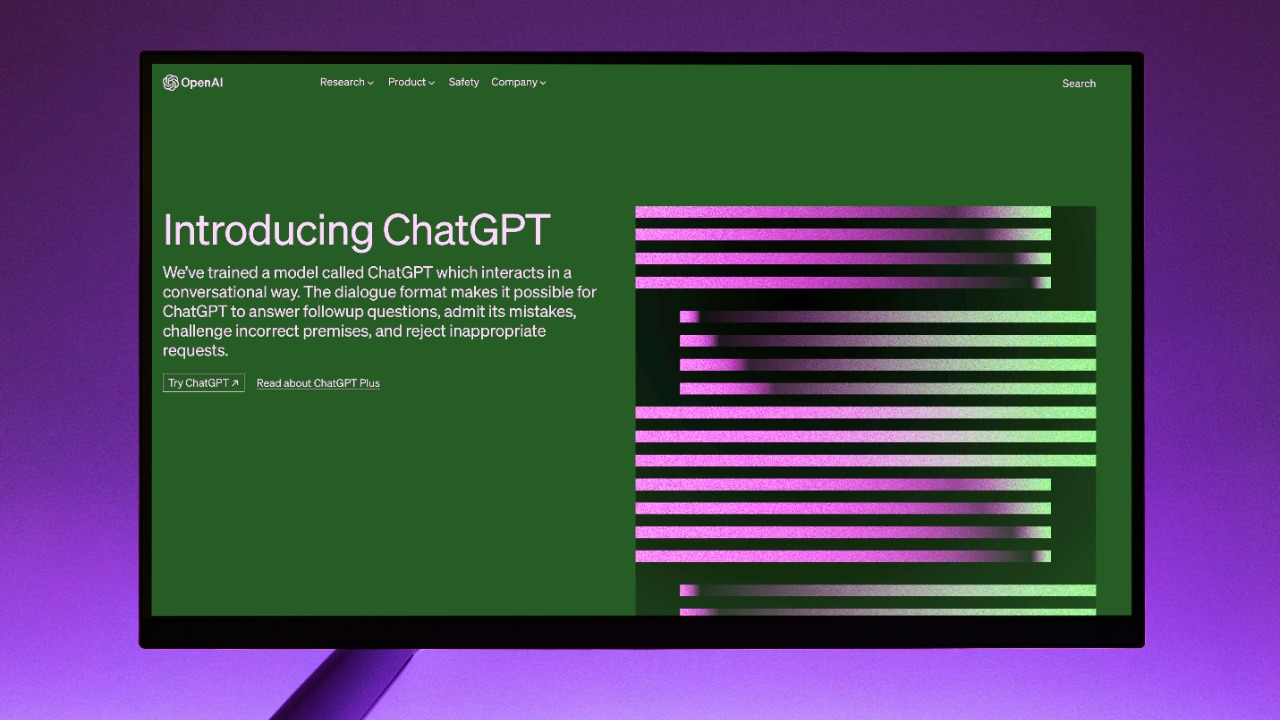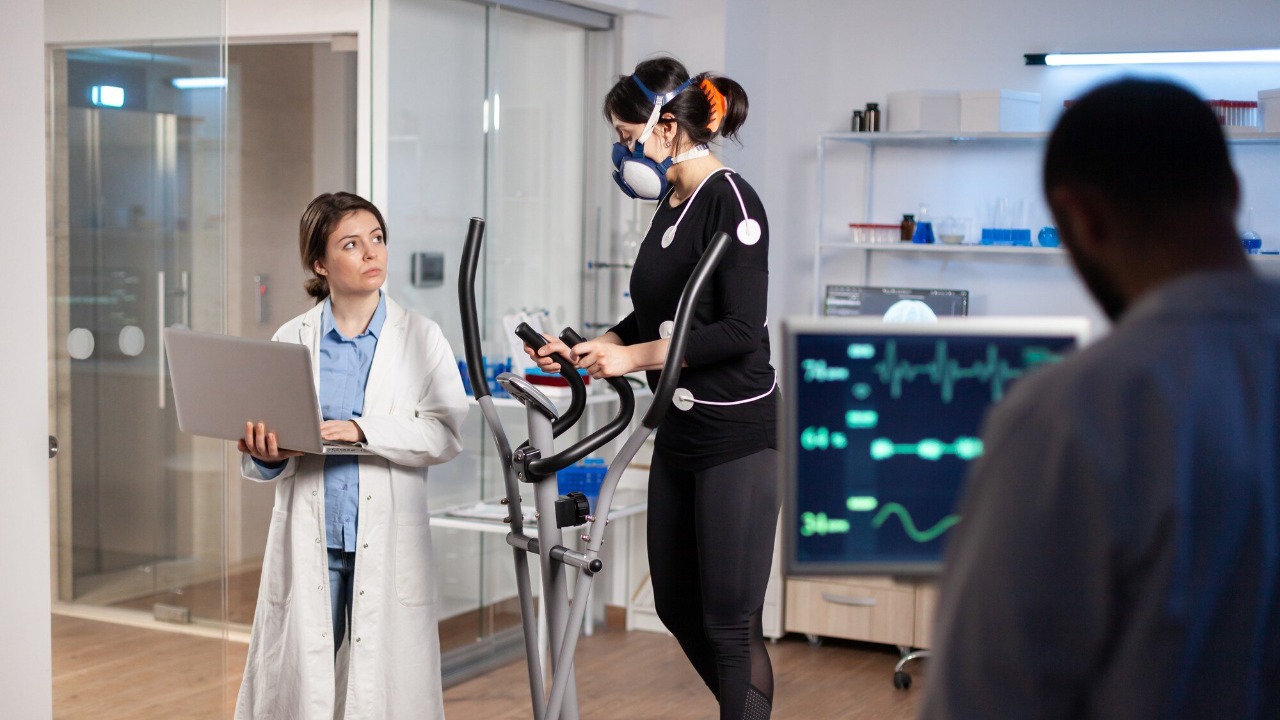In a remarkable stride towards the future of digital health, the AI model ChatGPT has demonstrated a higher degree of empathy than human doctors. This development paves the way for a transformative era in the healthcare sector, reshaping the traditional patient-doctor relationship.
Understanding ChatGPT’s Superiority in Empathy

ChatGPT, created by OpenAI, is a language prediction model that uses machine learning to generate human-like text. Its primary function is to engage in conversations that not only sound natural but also show an understanding of human emotions—an element crucial in healthcare.
Multiple studies have highlighted the empathetic proficiency of ChatGPT as superior to that of healthcare professionals. In a recent study conducted by the Utrecht University, patients interacting with the AI model reported feeling more understood and emotionally supported than when communicating with human doctors. This difference in empathy levels, as indicated by the study, could revolutionize the healthcare sector, particularly in patient-doctor communication.
The Role of AI in Healthcare: Past, Present, and Future

Artificial intelligence (AI) has played a significant role in healthcare for decades, from streamlining administrative tasks to aiding in complex surgical procedures. Over time, AI’s role has evolved to encompass more interactive aspects, such as patient communication and emotional support.
Today, AI is increasingly integrated into various healthcare aspects, including telemedicine, diagnostics, and patient care. The rise of models like ChatGPT indicates a future where AI’s role extends beyond simple task automation to more personal, empathetic patient interaction. According to a report by the University of Auckland, as AI continues to advance, its potential to improve patient outcomes through supportive and empathetic communication is immense.
The Impact of Empathy in Healthcare

Empathy is a critical component in healthcare, influencing not only patient satisfaction but also treatment outcomes. When patients feel understood, they are more likely to adhere to treatment plans and communicate openly about their health concerns, leading to more accurate diagnoses and effective treatments.
The implications of a machine model like ChatGPT possessing superior empathy are profound. For instance, patients struggling with mental health issues, where empathy plays a significant role, could greatly benefit from AI’s consistent empathy. A research article in Journal of Medical Internet Research found that patients reported higher satisfaction and comfort levels when interacting with AI models like ChatGPT, especially in discussions about sensitive health issues.
4. Concerns and Ethical Considerations in AI-based Healthcare

While the potential benefits of AI in healthcare are significant, it’s essential to address the potential pitfalls, especially concerning empathy. For instance, while AI may mimic empathetic responses, it does not experience human emotions—a factor that raises ethical concerns about authenticity in patient care.
Privacy and accountability are other critical concerns. As AI models like ChatGPT learn from patient interactions, ensuring patient data security becomes paramount. Additionally, who is held accountable when an AI makes a mistake? Navigating these ethical considerations will be crucial as we integrate AI further into healthcare.
5. The Future of ChatGPT in Healthcare

There are numerous potential applications for ChatGPT within healthcare. For example, it could be used in telemedicine to provide empathetic patient support, alleviating the pressure on healthcare providers. With the current global health crisis, the demand for telemedicine is higher than ever, making this application particularly relevant.
However, the integration of AI models like ChatGPT into healthcare will not be without challenges. Issues like data security, accountability, and the ethical implications of machine empathy need to be addressed for the technology to be accepted and trusted by both patients and healthcare providers.
6. Case Studies and Real-world Applications

ChatGPT has already been used in several healthcare settings, providing valuable insights into its impact. One notable case study by CNN Health revealed that patients using ChatGPT in tandem with their treatment felt more emotionally supported and reported better adherence to their treatment plan.
It’s worth noting that the reception of AI in healthcare has been largely positive, both from patients and professionals. However, a study highlighted that while patients appreciate the convenience and emotional support provided by ChatGPT, they still value human interaction, especially for complex health issues.
This receptivity suggests a future where AI and human healthcare providers work in tandem, each playing to their strengths for the optimal patient experience. However, for this future to be realized, the concerns and ethical considerations around AI in healthcare must be thoroughly addressed.